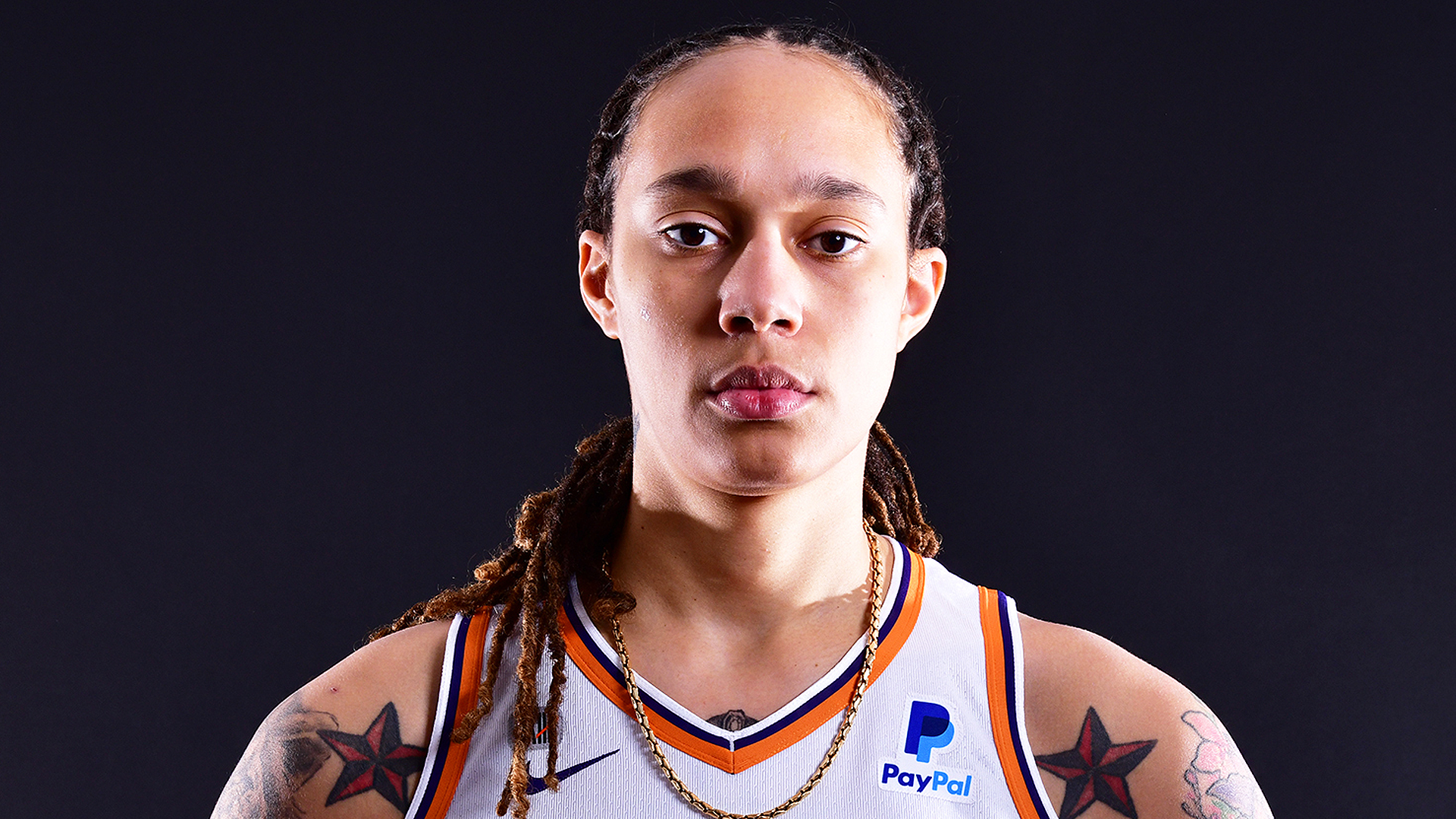US Basketball champion and Olympic gold medallist Brittney Griner has been detained in a Russian prison since February under drug smuggling charges.
This week, WNBA All-star Brittney Griner pleaded guilty to drug charges held against her by Russian authorities. Her plea follows months of detainment in a Russian prison, after vape cartridges containing traces of marijuana were found in her luggage at Sheremetyevo airport.
Griner has been on trial for ‘large-scale transportation of drugs’, an offense punishable by up to 10 years in prison under Russian law.
Her family and fellow basketball players have since made desperate pleas to the US government, urging the Biden administration to secure Brittney’s safe return home. But her case has only recently started to grasp the attention of the international press.
After four months trapped on Russian soil, Griner’s guilty plea appears to be tactical. Many predict her case will end in conviction, and the chances of her avoiding prison under a not-guilty plea were slim.
Despite stating her guilt, Griner told the court ‘there was no intent. I didn’t want to break the law. I’d like to give my testimony later. I need time to prepare.’ Her statements were translated to Russian for court proceedings.
Griner’s case is complex because, mere weeks after her arrest, Russian forces invaded Ukraine. The basketball star has now become a pawn in Russia’s war tactic. And given that Griner is a Black queer woman – two identities perennially marginalised in Russia – concern has mounted about her treatment and the prospect of a safe release.
US government officials believe the outcome may involve a trade, with the Kremlin demanding the release of a Russian prisoner currently being held in the US.
Ambassador Michael McFaul told MSNBC that he suspects Viktor Bout, an ex-arms dealer convicted of heinous war crimes in 2008, is the man Russia has set their sights on. However no terms conditional to her release have yet been confirmed.
The prospect of a trade between Griner and Bout is jarring in that it suggests both individuals are at all comparable.
Given the severity of Bout’s record – which earned him the nickname ‘the merchant of death’ – it’ll be a difficult decision for the US government. One that could take months to finalise.
Brittney’s wife, Cherelle, has been spearheading efforts to raise awareness of her case. Unable to speak with her wife since February, Cherelle has heard updates via the press.
This week, she shared that ‘BG is struggling, she’s human’, after Griner sent a handwritten letter to President Biden asking for help in her release.




















